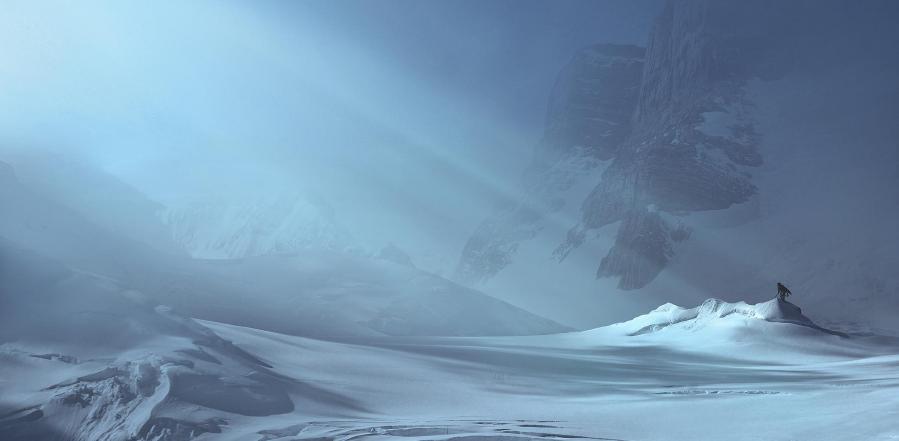Coming Soon: SHAMAN
Submitted by Kimon
"This is how we always start
It's time to be reborn a man
Give yourself to Mother Earth
She will help you if you ask"
Kim Stanley Robinson's next novel, "SHAMAN", is coming less than two months from now, on September 3 2013!
Watch Stan himself introduce his novel:
Robinson, a Davis, California, resident and fellow science fiction author Tobias Buckell participated in UC Davis' 44th annual Whole Earth Festival. They were interviewed by Davis Enterprise:
“There are a lot of people who say, ‘If we have to change capitalism, well, OK, we’re doomed, because we can’t change capitalism.’ But we can. It seems to me that science and democracy together are actually capable of changing the laws for the sake of our survival and the sake of our kids and their descendants.”
Robinson said that he disagreed with scientists resolved that the best tack is adapting to climate change, rather than trying to halt it or reverse course.
“They look at me like I’m an old hippy utopian idiot and say, ‘No matter what you think, we’re at 400 parts per million. Nobody is stopping using carbon at any successful rate. In fact, it’s going faster than ever. We’re just being realistic, and you’re the one being unrealistic.’
“And then I say, ‘No, no, no, you’re the one who is being unrealistic. You’re being pseudo-realistic, because you’re saying the future is certain.’ I’m saying as a science fiction writer, nothing is certain.”
Most importantly, Robinson and Buckell did a joint panel on climate change, as covered by Steven Rose's blog: "Kim Stanley Robinson: Back to the Prehistoric Past for a Greener Future", which serves as a nice introduction to SHAMAN:
Robinson read an excerpt from his novel, Shaman, set in a prehistoric ice age. But this is no pulp-/Hollywood-/ One Million Years B.C.-inspired novel. Robinson takes his science fiction seriously; he writes hard science fiction. Strangely, however, Shaman does not seem to be his typical hard sci fi. In fact, with references to tribal magicians and mystic journeys one would think it’s closer to fantasy. But, after the reading, Robinson used the tribe from his this alternate (pre-) history novel as a model for how modern day humans are capable of planning ahead to save themselves from future ecological disaster such as an arctic meltdown. He explained how we can collectively come to solutions to prevent the disastrous effects of global warming.
